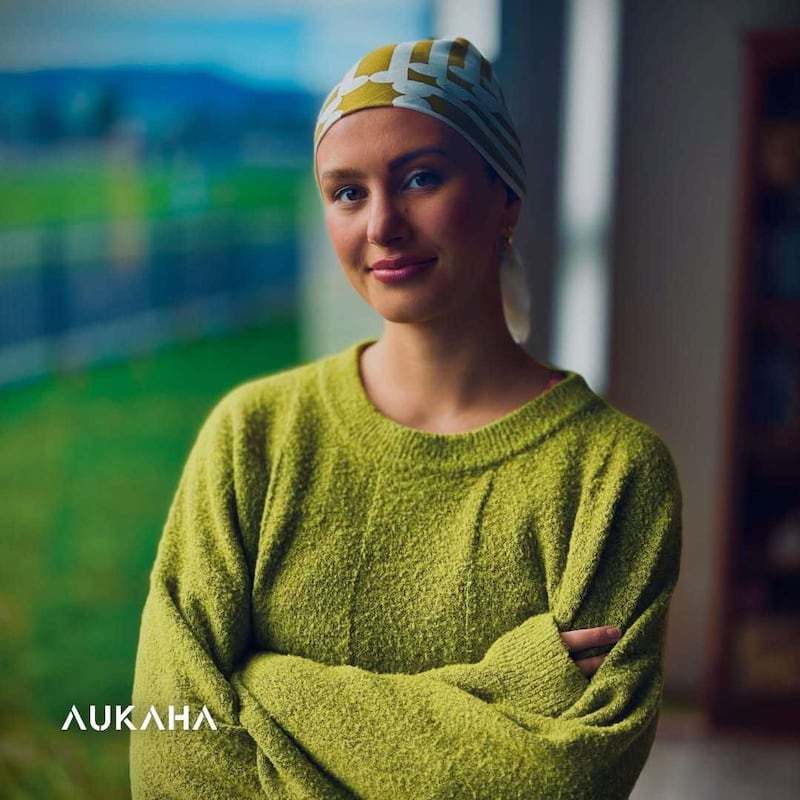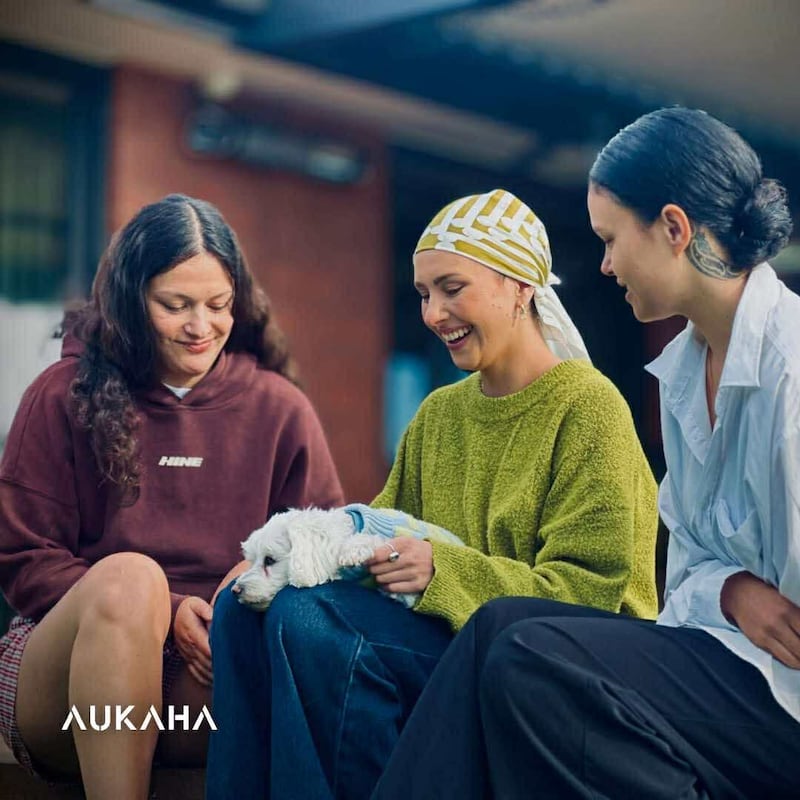Mereana Pearce (Ngāti Tūwharetoa, Ngāti Porou), a 20-year-old woman has been diagnosed with an aggressive and rare ovarian cancer, called SCCOHT (Small Cell Carcinoma of the Ovary, Hypercalcemic Type).
The born and raised Matamata local is a stage 3 SCCOHT patient, who is currently raising funds on a give-a-little page of $100,000 in order to fund her next round of treatment.
“Before I did the give a little page they told me I was terminal. So, they asked me if I wanted to be put in palliative care. So I thought, like, maybe I’d put the money towards a wedding or something with my partner.”

Pearce said she first noticed something wrong after a shift at her local coffee shop.
“A lump was starting to show on my abdomen. I couldn’t eat, drink, or even water. I’d throw water up. So, immediately I had to be taken up to ED and then I had to get an emergency surgery to get the tumour removed. Cause we thought it was an ovarian cyst, which apparently women get quite often.”
SCCOHT is so rare that globally, fewer than 500 cases have ever been recorded. Most patients are teenagers or in their early 20s.
The disease is fast-moving and often resistant to standard treatment. According to Cancer Research Trust New Zealand, with Pearce being at stage 3, New Zealand women face a 24–48% survival rate and a life expectancy of 1–2 years.
There is currently no established cure, and patients often face limited funding options. Pearce is still waiting on a decision from Pharmac, the government agency responsible for subsidising medicines in New Zealand.
“They only gave me like a few months, so I was like - Shit I’m gonna have to find the money to do all this stuff. But, now we have a treatment plan - so now the money is going towards the treatment plan.”
Aukaha approached Pharmac for clarification on the NPPA (Named Patient Pharmaceutical Assessment) process, which the 20-year-old applied for under her second treatment.
Pharmac’s Kaituruki Māori, Trevor Simpson, explained that an application had to be made by a clinician and meet the NPPA policy principles.
“This includes considering whether a person has exceptional clinical circumstances, has tried all of the available funded treatments, and whether Pharmac – Te Pātaka Whaioranga has previously considered the treatment for funding.
“If the principles are met, we’ll assess the application.
“Our team of Exceptions Advisors review the information provided, seek clinical advice, and consider the application using our Factors for Consideration. The Factors for Consideration help guide all Pharmac’s funding decisions.”
Decisions on applications typically takes up to 10 working days.

“It’s your body, and you have to be the one to advocate for your body. For sure,” said Pearce.
Smear Your Mea advocate Te Ururoa Flavell, who also lives with cancer, says life doesn’t end with the diagnosis.
“I te waa i rongo nei au kua paangia au i teenaa o ngaa mate, te stage 4 i whai atu au i ngaa ara katoa. Ngaa mea i taka mai i runga i taku teepu i whai atu e au. Noo reiraa, me titiro whaanui tonu. Kia kaua e titiro ana i te huarahi kotahi.”
Flavell says it’s critical that whānau step in to help when someone is diagnosed, especially with something as rare and fast-moving as SCCOHT.
“He uaua, he uaua. Engari mo te tokoiti peenei me teenei naa. Meenaa he hua ka puta me tuku i te puutea hei aawhina i a ia. Ara anoo eetehi atu momo maauiui a cancer nei. Ngaa momo maauiui a te cancer.”
Flavell also highlights the tendency for Māori to delay seeking medical attention — something the Smear Your Mea campaign has been battling to change.
“Ko taataou te Maaori ka tatari ki te miniti whakamutunga. Kaatahi ka haere ki te rata. E hoa maa, he ahua tuureiti teeraa. No reiraa koinei te aaki o maatou o ngaa kaupapa o Smear your Mea. Haere ki te rata, kaua e tatari.”
By Maioha Panapa of Aukaha News.


